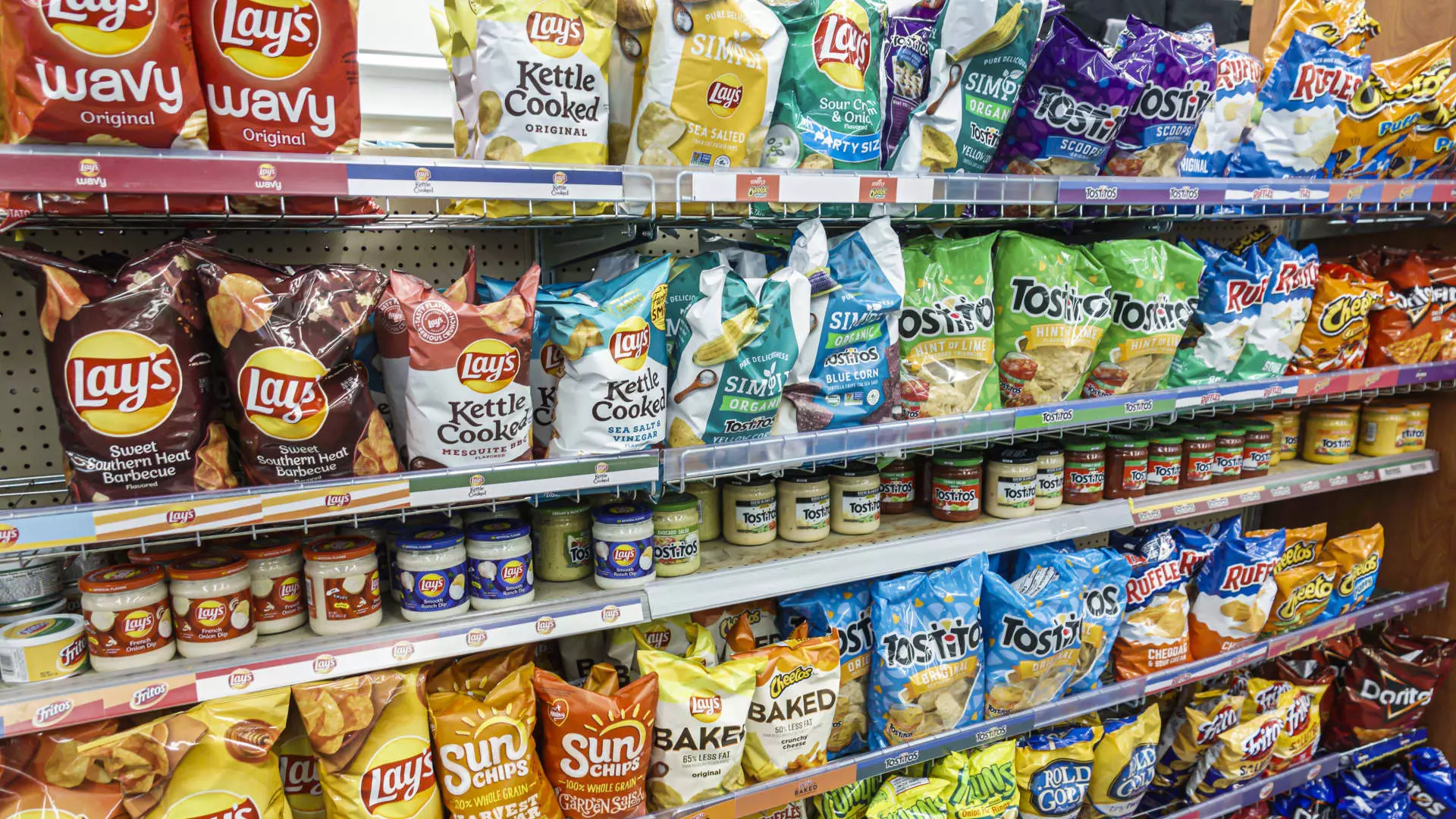On a tumultuous Friday for the stock market, shares of processed food companies faced notable declines as investors braced for potential regulatory upheaval following the election of Donald Trump. A key figure in this unfolding drama is Robert F. Kennedy Jr., who has been nominated to lead the Health and Human Services Department. The elevation of a prominent critic of established health guidelines has triggered anxiety within the food industry, particularly among companies that thrive on the sale of heavily processed foods.
Major players like PepsiCo and Coca-Cola experienced stock declines of more than 4% and 1.3%, respectively. General Mills, known for its Cheerios and baking products, plummeted over 2%, closely followed by Conagra Brands, which produces household names like Reddi-wip. Notably, Campbell Soup, famous for its Goldfish crackers, saw a drop nearly reaching 3%, while Kraft Heinz, recognized for its staples like macaroni and cheese, reported a 2% decline. The most startling was Lamb Weston, a significant player in the frozen potato market, whose stock fell by more than 6%.
The import of Kennedy’s nomination cannot be overstated. The Health and Human Services Department oversees the Food and Drug Administration (FDA) and the Centers for Disease Control and Prevention (CDC), institutions critical in determining food safety measures and public health regulations. Given Kennedy’s controversial views, particularly his skepticism towards vaccines, the prospect of him steering such institutions raises eyebrows. Critics flag concerns that his proposed reforms could lead to an erosion of health standards.
Kennedy’s ambition to reconfigure the FDA has sparked intense debate. His stance against the agency’s current protocols, particularly regarding nutrition oversight, raises questions about future regulations. The potential for a paradigm shift in how food safety and nutrition are handled is of paramount concern to industry stakeholders. His comments demanding tighter scrutiny of food ingredients, exemplified by his critique of cereals laden with additives, illustrate a broader movement toward increased regulation.
Kennedy is not merely advocating for tighter scrutiny of existing practices; he is also framing his perspective within a larger narrative framing the food system and public health. By focusing on the need for reform in the food industry, he positions himself as a champion of consumer health. His rhetoric, particularly against brands like Fruit Loops, reveals his clear agenda: to simplify food ingredients and promote transparency.
As the confirmation process unfolds, the market may see further volatility. Traders are likely to evaluate how Kennedy’s initiatives could affect consumer trust and sales within an industry already facing skepticism from health-conscious consumers. The potential fallout for processed food companies could be significant, not just in immediate stock valuations but also in long-term brand perceptions as health becomes an increasingly central consumer concern.
The intersection of politics and health is creating a precarious environment for processed food stocks as they navigate uncertainties associated with potential regulatory changes. The implications of these changes may determine not just the financial futures of these companies, but also the very nature of food consumption in America.

Leave a Reply